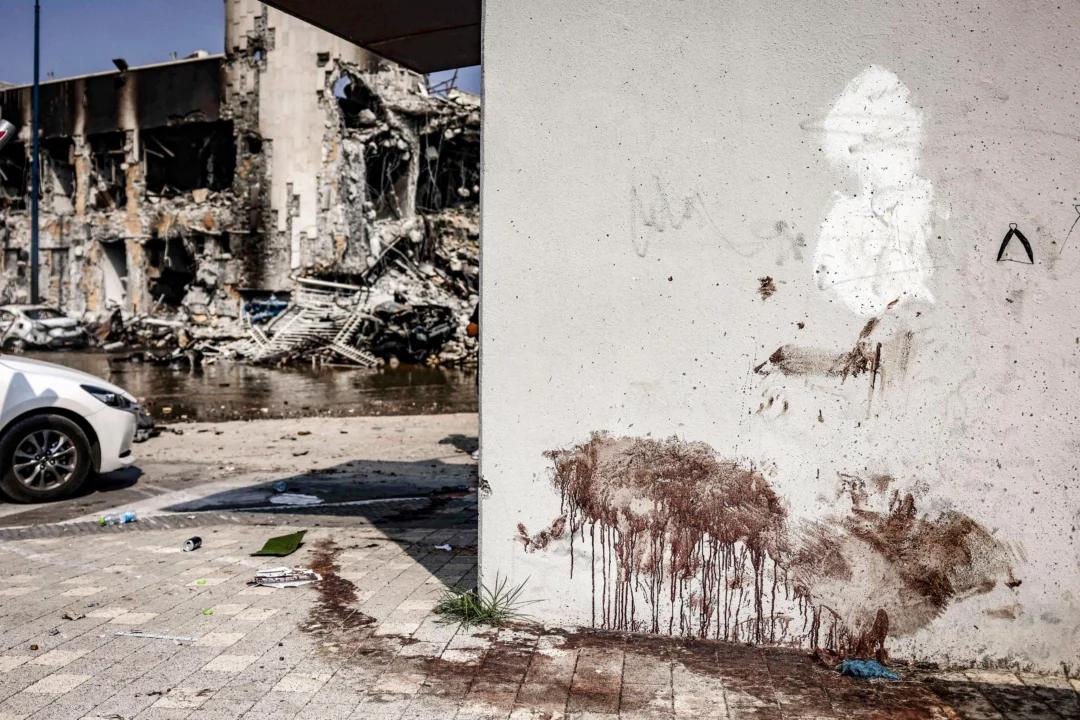SDEROT, Israel—Sderot’s mayor, Alon Davidi, calls his city the most heavily rocketed in the world.
Less than a mile from the Gaza Strip, the city of 38,000 people has experienced constant rocket attacks from Hamas. These attacks have occurred not just on or since Oct. 7, 2023, but for 23 years, even before Israel unilaterally pulled out of the Gaza Strip in 2005 in an unsuccessful attempt to make peace.





